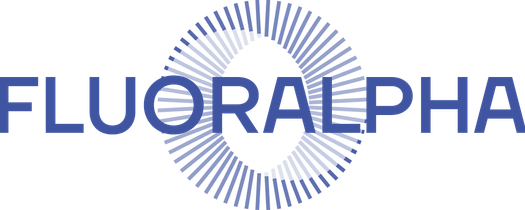Fluoralpha, a chemical subsidiary of INNOVX, has secured over one billion dirhams in financing from Bank of Africa to launch a major industrial project in Jorf Lasfar. The funding represents a key milestone in a broader investment plan worth 2.5 billion dirhams, aimed at positioning Morocco as a vital player in global strategic supply chains.
At the heart of this initiative is the construction of two advanced production units—one for anhydrous hydrofluoric acid with an annual output of 20,000 tons, and another for aluminum fluoride with a capacity of 28,000 tons per year. Both substances are essential to high-demand sectors including battery manufacturing, aluminum production, semiconductors, and specialty chemicals.
Fluoralpha’s approach centers on local value creation. The company will process hexafluorosilicic acid—a by-product from Morocco’s phosphate rock refinement—to manufacture high-value chemical inputs. This strategy aligns with INNOVX’s broader vision of building sustainable industrial ecosystems by unlocking the potential of underutilized Moroccan resources.
For INNOVX CFO Youssef Berrada, this financing deal represents a pivotal step toward scaling the group’s industrial ambitions and attracting future investments for its upcoming platforms. Fluoralpha CEO Jalil Skali shares that sentiment, describing the partnership as a vote of confidence in the company’s industrial model and long-term vision.
Bank of Africa also emphasized the strategic importance of its involvement. Executive General Manager Khalid Nasr framed the partnership as a reflection of the bank’s commitment to supporting transformative, forward-looking projects that contribute to Morocco’s energy transition and industrial development.
By focusing on fluoride-based transformation, Fluoralpha is developing three critical supply chains: anhydrous hydrofluoric acid, a cornerstone of fine chemical production; aluminum fluoride, essential for aluminum smelting; and synthetic calcium fluoride, currently under development to help stabilize global supply chains.
This project marks a bold step toward building a new form of technological sovereignty in Morocco, particularly in materials essential to low-carbon technologies and electric mobility. Once operational, the Jorf Lasfar facility is poised to become a central hub in Morocco’s emerging green industrial ecosystem.
